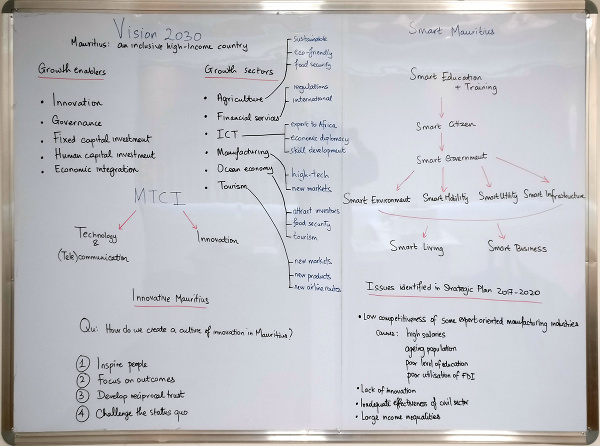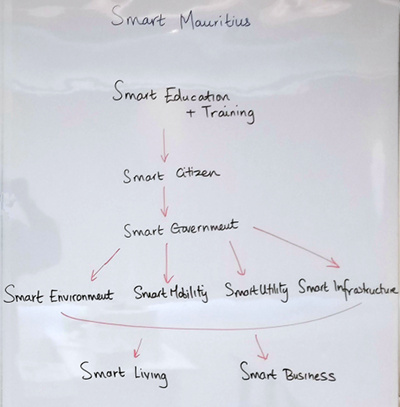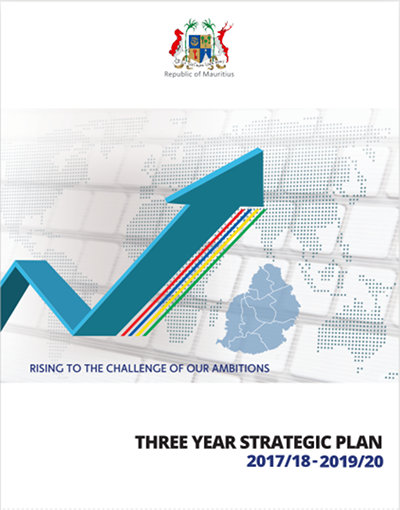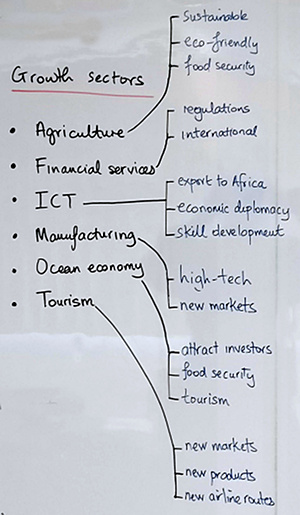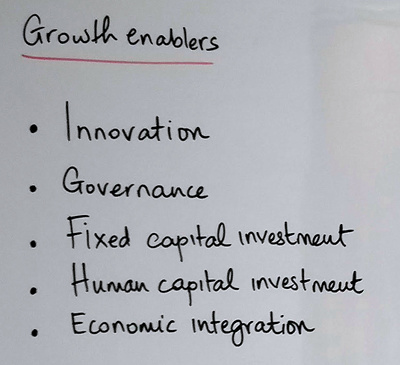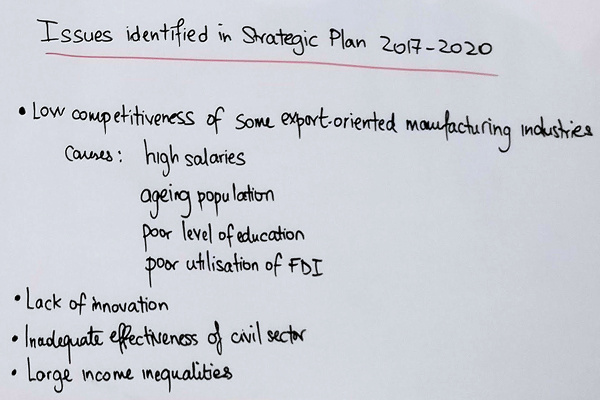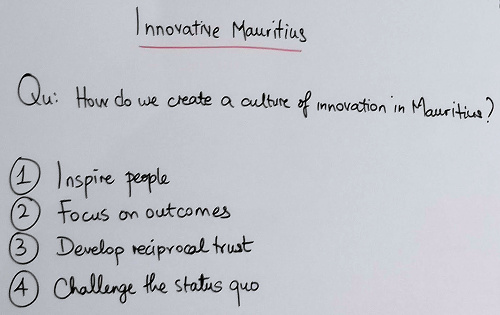
Depuis la semaine dernière, nous savons qu’il y aura, à terme, un service de métro léger à Maurice. La décision, qui implique un investissement massif, a été prise en consultation avec des experts Singapouriens. En principle, le premier tronçon sera opérationel dans deux ans: de Port-Louis à Rose-Hill et le reste du tracé, Rose-Hill à Curepipe, dans quatre ans.
La mise en place du métro léger va bouleverser nos vies pendant ces quatre ans: des rails à poser, des gares à construire, des parkings à prévoir, de la pollution sans doute et, bien sûr, des embouitellages monstres à gérer.
Je pense sincèrement que, nous Mauriciens, avons les capacités de répondre à certain de ces problèmes, en collaboration avec les experts étranger naturellement. Je pense que nous pouvons profiter de ces quatre ans de chamboulement pour optimser la circulation, repenser les heures d’ouverture des bureaux, innover en matière de qualité de l’air, etc. En d’autres mots, pour faire le maximum pour améliorer nos vies et notre environnement.
Qui est partant? Qui a des idées? Qui veut contribuer?

